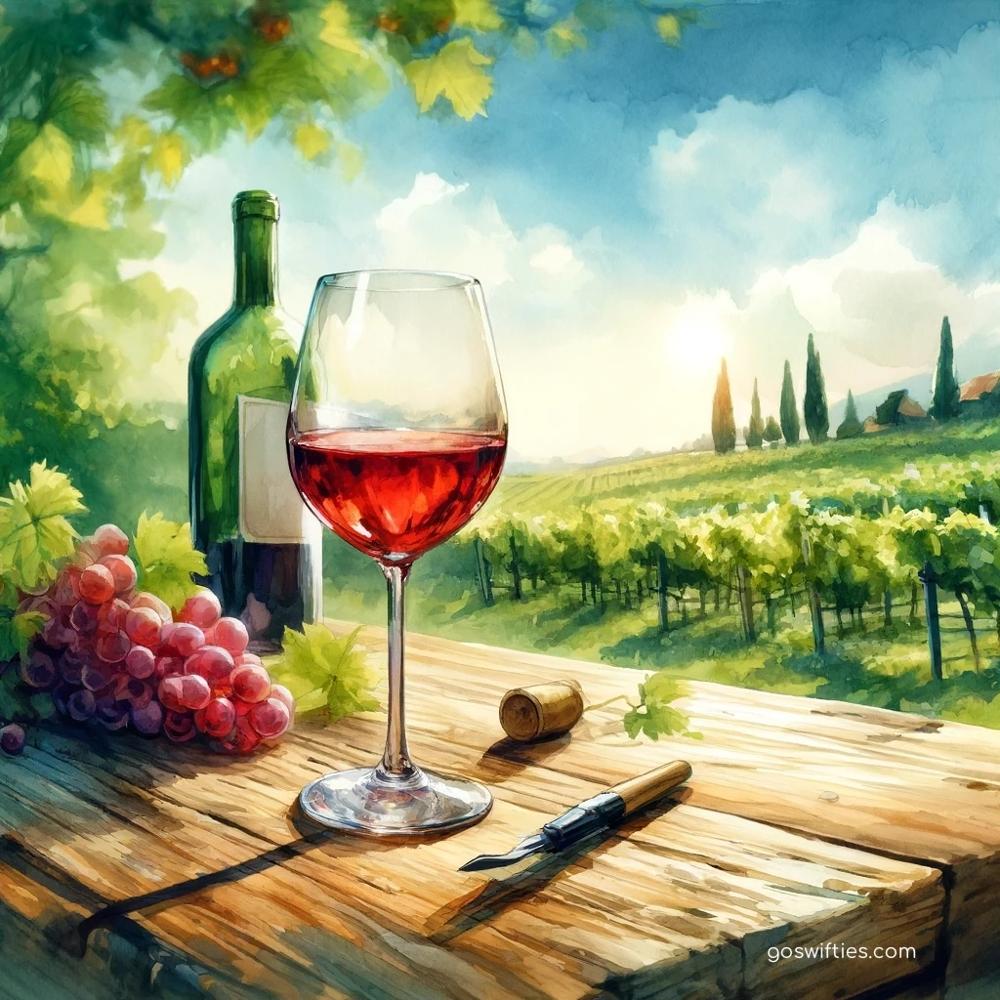We would like to thank our generous sponsors for making this article possible.
French wines are not merely beverages; they are a deep expression of culture, history, and terroir, a French term that embodies the unique combination of climate, soil, and landscape that gives wine its character. The story of French wine is as rich and varied as the landscapes of France, stretching from the rolling hills of Bordeaux to the sun-drenched vineyards of Provence. Let us uncork the essence of French wines, exploring their varieties, storied history, the craft of vintners, their integral role in French cuisine, and their influence on global wine culture.
Varieties And Regions
French wine is categorised into several key regions, each known for distinct grape varieties and wine styles.
Bordeaux.
Renowned for its red wines, a blend of Cabernet Sauvignon, Merlot, and Cabernet Franc. Sauternes, a sweet white wine, is also notable.
Burgundy (Bourgogne).
Famous for its Pinot Noir and Chardonnay wines. The region is also known for its complex classification system based on specific vineyard areas.
From our partners:
Champagne.
The only region that produces the sparkling wine legally allowed to be called Champagne, using mainly Pinot Noir, Chardonnay, and Pinot Meunier grapes.
Rhône Valley.
Known for Syrah (red) in the north and blends of Grenache, Syrah, and Mourvèdre (red) in the south. Viognier, Roussanne, and Marsanne (whites) are also prominent.
Loire Valley.
Offers a wide range of wines, from crisp Sauvignon Blanc to light-bodied reds like Cabernet Franc.
Alsace.
Unique for its Germanic influence, Alsace produces aromatic white wines like Riesling, Gewürztraminer, and Pinot Gris.

History
The history of French wine spans thousands of years, dating back to the 6th century BC with the founding of the Greek colony of Massalia (modern-day Marseille), where the Greeks introduced viticulture to France. The Romans further developed wine production, recognising the unique climates and soils conducive to viticulture. Over the centuries, the Church played a crucial role in the preservation and refinement of winemaking techniques, especially in regions like Burgundy and Champagne.
Profession
The French wine industry is supported by a community of vintners, sommeliers, oenologists, and wine merchants who dedicate their lives to the craft of wine. From the careful pruning of vines to the meticulous aging in cellars, these professionals ensure the continuation of France’s wine legacy, guided by regulations like the Appellation d’Origine Contrôlée (AOC) system, which safeguards the quality and authenticity of French wines.
Cuisine
Wine is an integral part of French cuisine, not just as a beverage but as a component of cooking. The concept of “terroir” extends to the dining table, where wines are paired meticulously with dishes to enhance the flavors of both the food and the wine. This harmony between food and wine is a quintessential aspect of French dining culture.
Culture
Beyond the bottle, French wine symbolises a way of life; a celebration of the senses, heritage, and the art of living well. Wine festivals, tastings, and tours are ingrained in French culture, drawing enthusiasts from around the world to experience the ritual of tasting, the beauty of the vineyards, and the warmth of the wine community.

French wines have also profoundly influenced global wine production, setting standards for quality and inspiring winemakers worldwide.
Originally published at: GoSwifties.com













